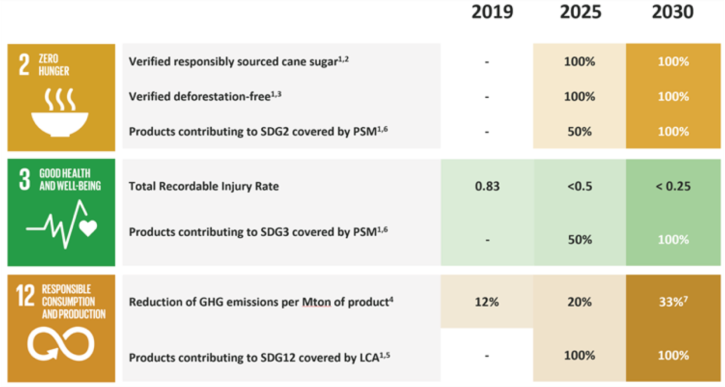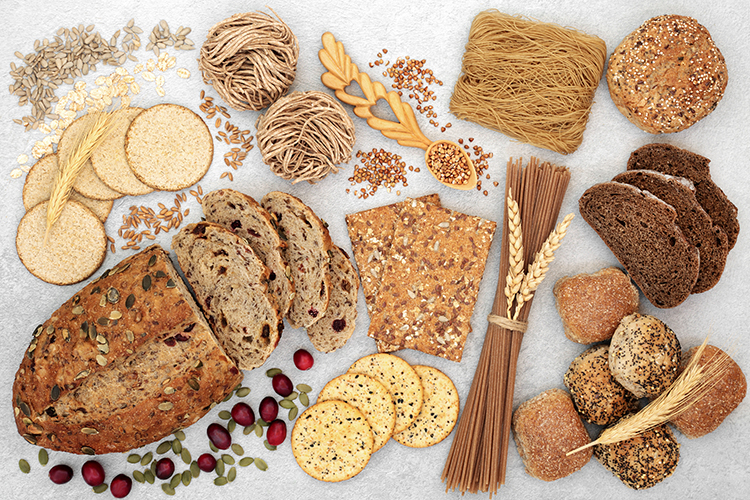What does it mean to “live responsibly and ethically”?
The answer can vary widely, for individuals as well as for businesses, organizations and other groups.
Ethical living may mean that everything you do on a daily basis is aimed at what’s best for others and the planet.
Others may have a more focused definition: giving back to the community, living sustainably or promoting diversity, for example. It can be as simple as deciding to switch off the lights as you leave a room, or biking to some of your destinations where formerly you drove.
According to the Food Ethics Council, buying fair trade food, joining a community gardening project or campaigning against the overuse of plastic in food packaging all fall under the heading of “food and ethics.”
Three considerations often go into ethical living when it comes to food:
- Wellbeing – what will be good or bad for humans and animals, for their health and welfare?
- Autonomy – how far should people be free to make their own choices about what they eat?
- Justice – are our ways of producing and consuming food fair to everyone?
Because they involve reasons and values, ethical choices are easy to argue about and contest, according to the council.
“Weighing up competing values means that we have to sometimes make tough choices between human health and autonomy, for instance, or between wellbeing and fairness,” according to the council.
As a result, taking food ethics seriously means that it’s not enough to simply take a stand on one ethical position. You have to consider all of the different values involved in your food choices, consider all the consequences and try to decide what is right.
For bakers, ethical living can also involve things as basic as having a good relationship with your suppliers, said Lauren Kuhn, Culinary R&D Manager with CSSI.
As part of their overall commitment to ethical practices, many bakeries and bakery manufacturers are developing their own sustainability plans. They’re also increasingly on the lookout for functional ingredient solutions to help them meet their ethical living KPIs and goals, such as responsible sourcing of ingredients and materials, decreasing their carbon footprint and delivering healthy food options.
One way in which Corbion helps its suppliers achieve these and similar goals is by developing ingredients that can contribute to reducing food waste and logistics costs, such as technology for mold inhibition. In addition, Corbion’s line of concentrated baking solutions helps its customers reduce their energy footprint by requiring fewer transportation trips, fewer ingredients (by weight) and reducing water weight (which affects the cost of transportation, especially international shipping).
Corbion’s Technical Service team can also work with customers to optimize formulations and improve efficiencies – which in turn, help reduce waste and deliver a smaller carbon footprint. In addition, the bakery and technical teams have partnered to complete environmental impact studies and sustainable assessments for customers.
Setting an example
Bakers and bakery manufacturers are doing a good job setting and meeting ethical goals, but there is always room for improvement.
Most companies, for instance, have links on their website to share the good work they’re doing. But many can do a better job getting their messages across on social media, especially when they’re partnered with organizations such as Feeding America, World Wildlife Fund or other charities.
Many businesses have started telling investors and stakeholders what their sustainability goals are and how they’re reaching them – even in 1- to 5-year projections. And packaging is one area where companies are making a huge difference.
Some companies are creating packaging with FOP callouts of their efforts — packaging with a purpose – including if the wrapping is recyclable or compostable. To reduce energy, optimizing plant wash downs is also a growing area that’s currently being pursued.

Industry best practices
Examples of bakers and manufacturers pursuing ethical living goals can be found throughout the industry.
For Corbion’s part, it utilizes a range of tools focused on three United Nations sustainable development goals:
- End hunger, achieve food security and improved nutrition and promote sustainable agriculture
- Ensure healthy lives and promote well-being for all at all ages
- Ensure sustainable consumption and production patterns
One leading baking company measures both the kilowatt hours per pound of food and the cost per pound each month to drive improvement at each of its locations. The company has also installed meters to reduce usage and use motion activated lighting when possible, and a current project is investigating using fuel cells for energy storage to reduce usage during peak hours.
The company has 11 bakeries in the Americas that have achieved zero-waste-to-landfill status, meaning all waste is recycled.
A leading food company, meanwhile, has made huge sustainability strides at one of its plants. Two fuel cells combined with a 1 MW solar array have the capability of generating all of the plant’s electricity.
A leading snack bar company is committed to creating a healthy and sustainable food system and primarily sources organic ingredients for its food. Since 2003, the company has sourced more than 750 million pounds of organic ingredients. It also supports organic research through university endowment and graduate fellowship programs.
It’s not just commercial companies who are all in on sustainability and other key components of ethical living benchmarks. Baked good industry organizations are also playing key roles.
“Associations such as ABA and ASB, as a whole, are really doing a great job encouraging the entire baking industry to pursue Energy Star certification,” Kuhn says. “It’s so great to see that resource-conscious influence coming from the top and leading responsible changes.”


